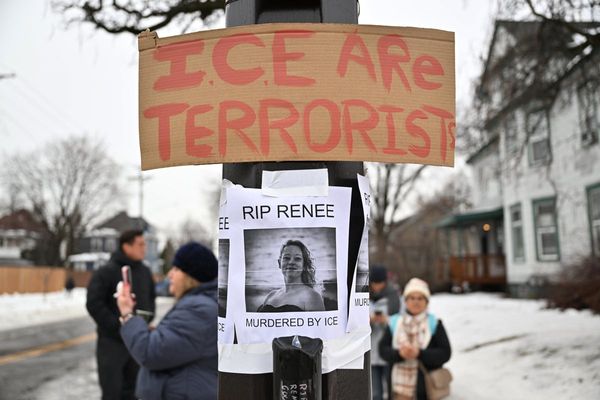
The high court in London has ruled that the former Spanish king Juan Carlos does not have sovereign immunity in the case brought against him by an ex-lover who has accused the royal of using Spain’s national intelligence agency to harass and threaten her after they broke up.
The decision means the monarch – who abdicated in favour of his son, Felipe, amid waning public popularity in 2014 – could now face trial if the case proceeds.
In December last year, lawyers for Corinna zu Sayn-Wittgenstein told the court their client was seeking damages for the “great mental pain, alarm, anxiety, distress, loss of wellbeing, humiliation and moral stigma she has suffered” after the end of her relationship with Juan Carlos.
They said that in 2012 the king had sent Félix Sanz Roldán – the then head of Spain’s National Intelligence Centre – to London to warn Sayn-Wittgenstein that neither her safety nor that of her children could be guaranteed if she did not follow his instructions.
Sayn-Wittgenstein also claims she returned to her home in Switzerland later that day where she discovered a book about the death of Diana, Princess of Wales and subsequently received a cryptic phone call about tunnels, which she took to be an allusion to the princess’s fatal crash in 1997.
Lawyers for the former monarch rejected the claims and any allegations of wrongdoing “in the strongest terms”.
They also argued sovereign immunity should apply because the only way Juan Carlos could have persuaded officials from Spain’s intelligence agency to act on his behalf was because he either was or had been the king.
Juan Carlos’s actions were “quintessentially public acts because of who the person is”, Daniel Bethlehem QC told the court, adding: “Such alleged conduct, even if abusive or unlawful, would have been in His Majesty’s official capacity.”
But in a ruling released on Thursday, Mr Justice Nicklin rejected the claim that Juan Carlos was entitled to personal immunity on the grounds that he remained a “sovereign” despite abdicating.
He noted that Juan Carlos had used the title of King Emeritus since leaving the throne, but said: “Whatever his special constitutional position following abdication, the defendant is neither the sovereign nor the head of state of Spain.”
The judge also said he was satisfied that Juan Carlos – who has lived in the United Arab Emirates for almost two years – could no longer be seen as a member of the “royal household” and was therefore not covered by any possible attendant constitutional immunity.
“For the reasons set out above, my decision is that none of the grounds on which state immunity was claimed have been made out,” he ruled. “The claim will therefore continue.”
Robin Rathmell, of Kobre & Kim, counsel to Sayn-Wittgenstein, said the judgment demonstrated that the former king could not “hide behind position, power or privilege” in the face of the claim.
“Juan Carlos de Borbón y Borbón will now be answerable to an English court for his actions as a private individual,” Rathmell said. “This is the first step on the road to justice; the appalling facts of this case will finally be brought before the court.”
The law firm Clifford Chance, which is representing Juan Carlos in the case, told Reuters their client was “disappointed” with the ruling and would decide whether or not to appeal after reviewing the judgement with his legal advisers. The royal palace declined to comment.
The 84-year-old left Spain for Abu Dhabi in August 2020 after a series of damaging allegations were made about his business dealings that further dented his already battered reputation and embarrassed King Felipe.
In March 2020, Felipe stripped Juan Carlos of his annual stipend and renounced his own personal inheritance from his father after reports that he was in line to receive millions of euros from a secret offshore fund with ties to Saudi Arabia.
But the former king was understood to be considering a return to Spain after prosecutors shelved three separate investigations into his financial affairs earlier this month, citing insufficient evidence, the statute of limitations and the monarch’s constitutional immunity.







